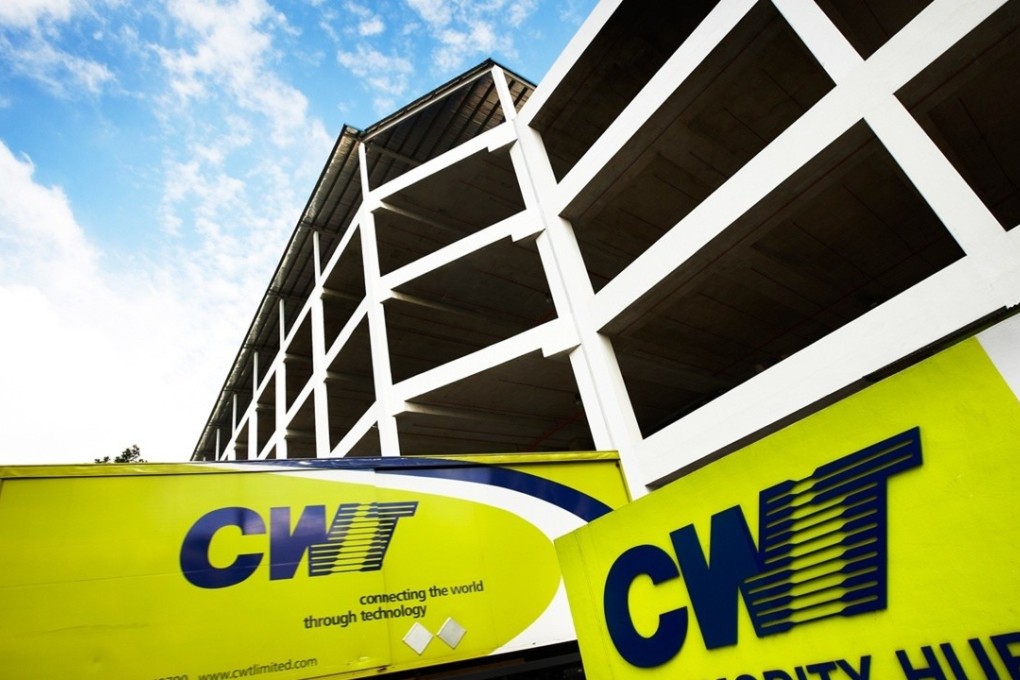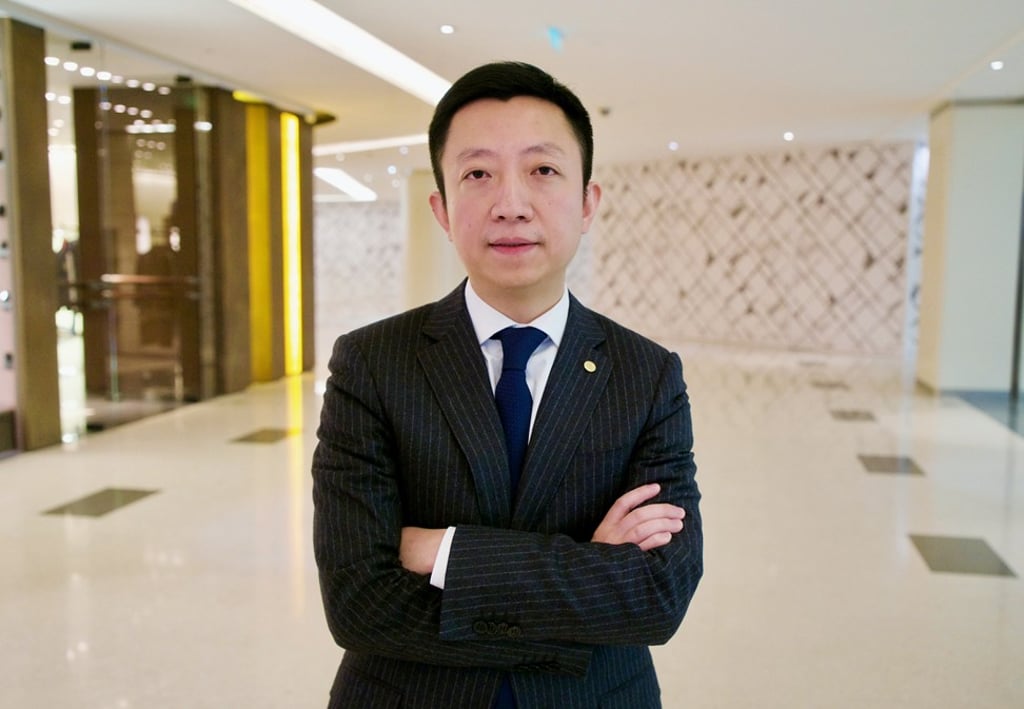HNA ditches vanity purchases for Silk Road commodity deals to vie for Beijing’s support
By shifting to target commodity and logistics assets in ‘Belt and Road’ nations, HNA says it can benefit from government policies

To mark the completion of its US$1 billion takeover of a Singaporean warehouse and delivery business, HNA Group chose to celebrate at a swanky hotel by the city’s Clifford Pier, the historic landing point for many seafaring immigrants, including those from the buyer’s home base of Hainan.
The January cocktail reception for 300 guests could have been just another event in HNA’s schedule of frantic takeovers and global shopping spree, where it has lavished an estimated US$40 billion of debt-fuelled leverage since 2015 buying assets from an aircraft leasing company in Ireland to 25 per cent of Hilton hotels to land in Hong Kong.

The retreat from the fast lane was inevitable, as the Chinese government sought to rein in excessive debt by local authorities and state enterprises. It was only a matter of time before the profligate borrowings by HNA - as well as by fellow shoppers Anbang Group, Dalian Wanda Group and the Fosun Group - would invite the scrutiny of regulators, concerned about the impact of debt on China’s financial system.
